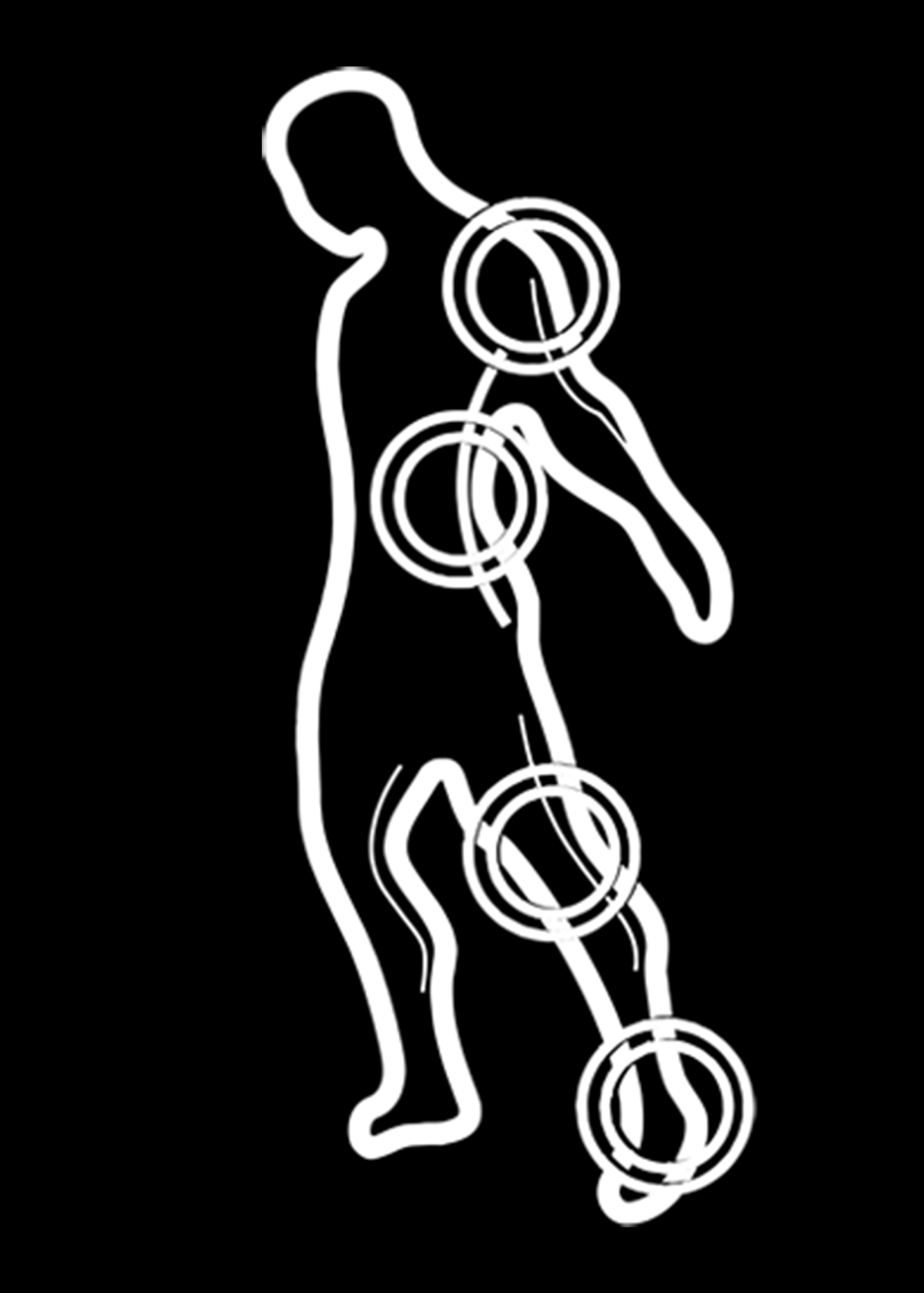Here are my favorite responses to telling a patient they have a weakness: "But I walk everyday" or "I go to the gym, so I don't think strength is the problem". I really love: "But I'm so flexible" as they reach down to the floor, as if touching your toes in standing is the only test of flexibility known to man. In fact, that just tells you that you have flexibility of just a few muscles in the back of the leg and spine. What about the rest of the 600 muscles in the body? Do they have good length? Are they strong and stable and in proper posture? Does walking target every muscle in the leg in various ranges of motion? I wish it were so. Everyone who walks would be pain free (at least in the lower body and back) and I would be out of a job. Wait, maybe I take back that wish...
I read a great article in Sports Illustrated by Jamie Lisanti featuring the director of rehabilitation for the Atanta Hawks, Mike Roncarati. His treatment philosophy sums it up. " During conditioning, Roncarati says, a player concentrates on physiological output, such as lifting more weight, jumping higher or sprinting faster. But a rehab session is more focused on internal movements, such as body position and muscle activation." He describes these sessions as "body vitamins" that "help prevent injuries" and increase the physical health wellness of their musculoskeletal systems. He separates training from being in the training room. Most active people get a good dose of working out, but most people aren't able to address the weaknesses and imbalances of their body.
So which is better? Should I spend my exercise time isolating the muscles that need to be addressed or do I go for speed, strength, power and endurance and do multi-joint/full body work outs? The answer is, as it always is, it depends. When you sign up for the gym, you will always be asked if you want personal training sessions. The first question they ask is "what is your goal?" Do you want to decrease pain, increase strength, lose weight, increase your flexibility or improve athletic performance? Anyone wanting to get out of pain will most likely need to address their strength deficits, flexibility imbalances (remember you can touch your toes but still be considered tight somewhere else), posture and in some cases losing weight can help. If you are a division I college athlete trying to get drafted into the pros, I might endeavor to say that your priorities are different. But to stay healthy, adding a little rehab can add a lot of time to your career.
Here's a tip: When deciding how to formulate your workout routine, consider this: Multi-joint exercises which can include squatting, push ups, rows, and lunges can build strength and endurance depending on intensity, rest between sets and amount of repetitions. Isolation exercises are ones that work out only one joint and are usually pin point on targeting weaknesses. Discussing your weaknesses and muscle imbalances with your physical therapist can help you figure out which isolation exercises and or/stretches you can combine with a fitness program that focuses on "physiological output" which can keep you in overall good, physical health and still meet your personal goals.
